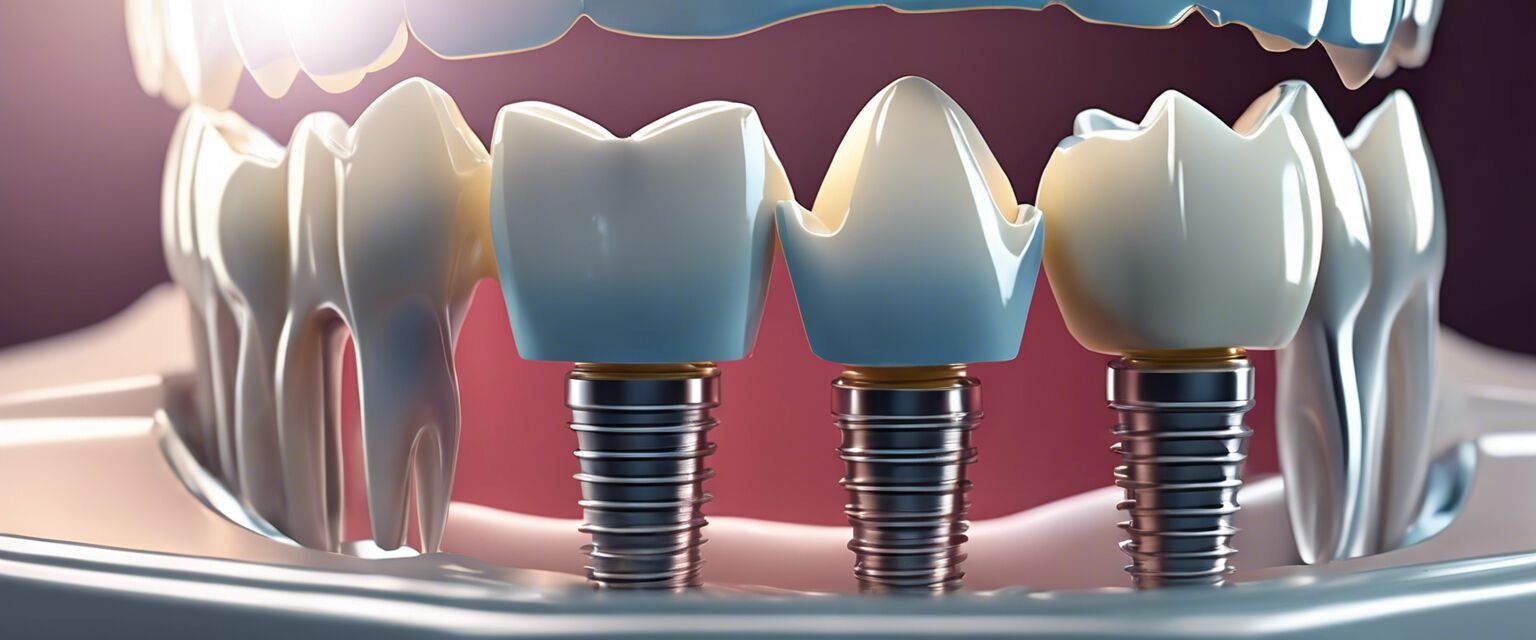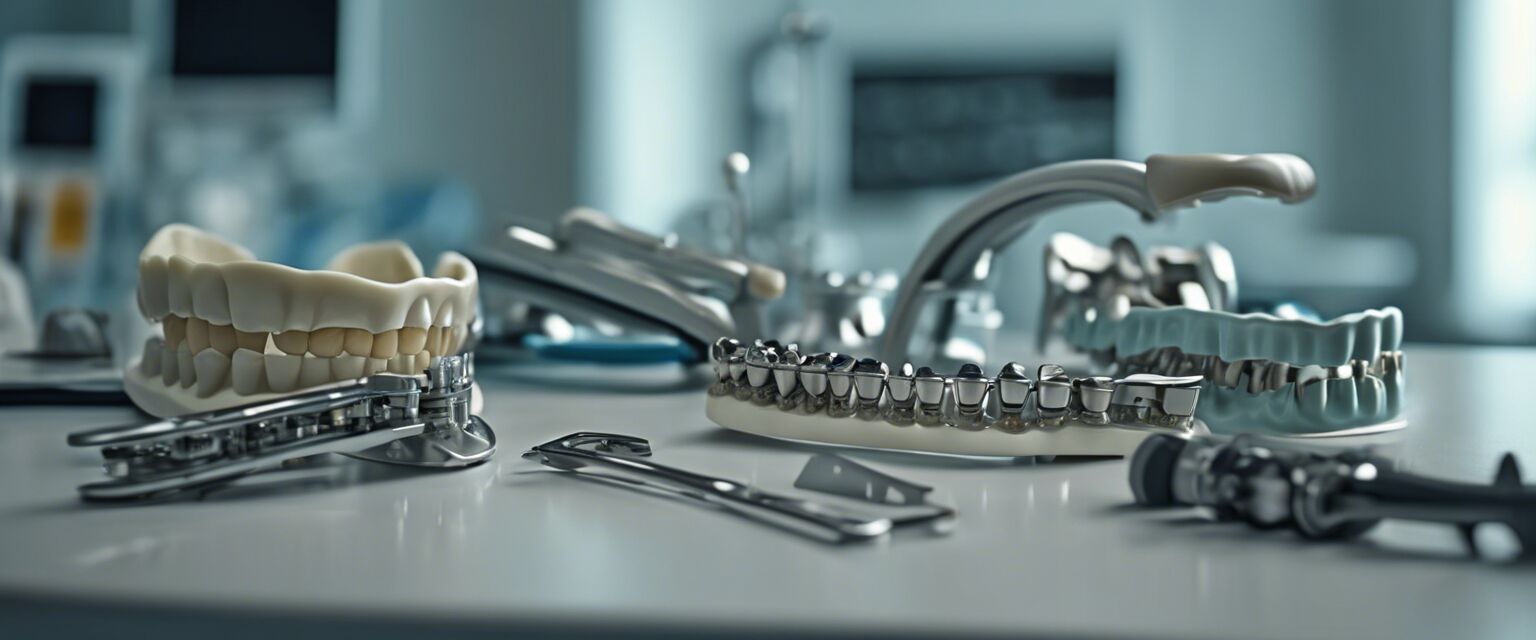
Dental Implants
Key takeaways
- Dental implants are a popular solution for missing teeth.
- The procedure involves multiple steps, including consultation, placement, and restoration.
- Understanding the types of dental implants can help you make informed decisions.
- Proper aftercare is essential for implant longevity.
- Consult your dentist regularly for optimal results.
Dental implants are a transformative solution for individuals dealing with missing teeth. Whether due to injury, decay, or other reasons, dental implants can restore both function and aesthetic appeal. In this comprehensive guide, we'll break down the dental implant procedure, discuss different types of implants, and provide valuable insights into the aftercare required for success.
What are dental implants?
Dental implants are artificial tooth roots that are placed into the jawbone to support a replacement tooth or bridge. They mimic the function and appearance of natural teeth, providing a durable and long-lasting solution for tooth loss.
Benefits of dental implants
- Natural appearance and function
- Improved speech
- Enhanced comfort
- Increased confidence
- Durability and longevity
The dental implant procedure
The dental implant procedure typically involves several key steps. Below is a detailed breakdown of each stage:
| Step | Description |
|---|---|
| 1. Consultation | Your dentist will evaluate your oral health and determine if you are a candidate for dental implants. |
| 2. Treatment planning | A detailed plan will be created, including imaging and assessments of your jawbone. |
| 3. Implant placement | The dental implant is surgically placed into the jawbone, acting as a root for the new tooth. |
| 4. Osseointegration | Over several months, the implant fuses with the jawbone, providing a stable foundation. |
| 5. Abutment placement | An abutment is attached to the implant to hold the crown securely. |
| 6. Crown placement | A custom-made crown is placed on the abutment to complete the restoration. |
Types of dental implants
There are several types of dental implants, each designed for specific needs. Hereâs a brief overview:
| Type of Implant | Description |
|---|---|
| Endosteal implants | The most common type, placed directly into the jawbone. |
| Subperiosteal implants | Placed under the gum but above the jawbone, suitable for patients with insufficient bone height. |
| Zygomatic implants | Anchored in the cheekbone, used when jawbone quality is poor. |
Aftercare for dental implants
Proper aftercare is crucial for the success of dental implants. Here are some essential tips:
Aftercare tips
- Maintain good oral hygiene by brushing and flossing regularly.
- Follow your dentist's instructions for post-operative care.
- Avoid hard or sticky foods during the healing process.
- Attend follow-up appointments to monitor progress.
- Report any unusual symptoms to your dentist immediately.
Frequently asked questions
How long do dental implants last?
With proper care, dental implants can last a lifetime. Regular dental check-ups and maintaining good oral hygiene are crucial.
Are dental implants painful?
Most patients report minimal discomfort during and after the procedure, as anesthesia is used. Pain can be managed with over-the-counter medications.
Who is a candidate for dental implants?
Most adults in good health with sufficient bone density are candidates. Your dentist will evaluate your specific situation during the consultation.
Pros
- Natural look and feel
- Long-lasting solution
- Improved oral health
- Enhanced ability to chew
Cons
- Higher initial cost compared to dentures
- Surgical procedure is required
- Longer treatment time
Conclusion
Dental implants represent a significant advancement in dentistry, providing a reliable solution for missing teeth. By understanding the procedure, types, and aftercare, patients can make informed decisions about their oral health. If you're in Charlotte, North Carolina, and considering dental implants, feel free to explore our general dentistry services or contact us for a consultation.








